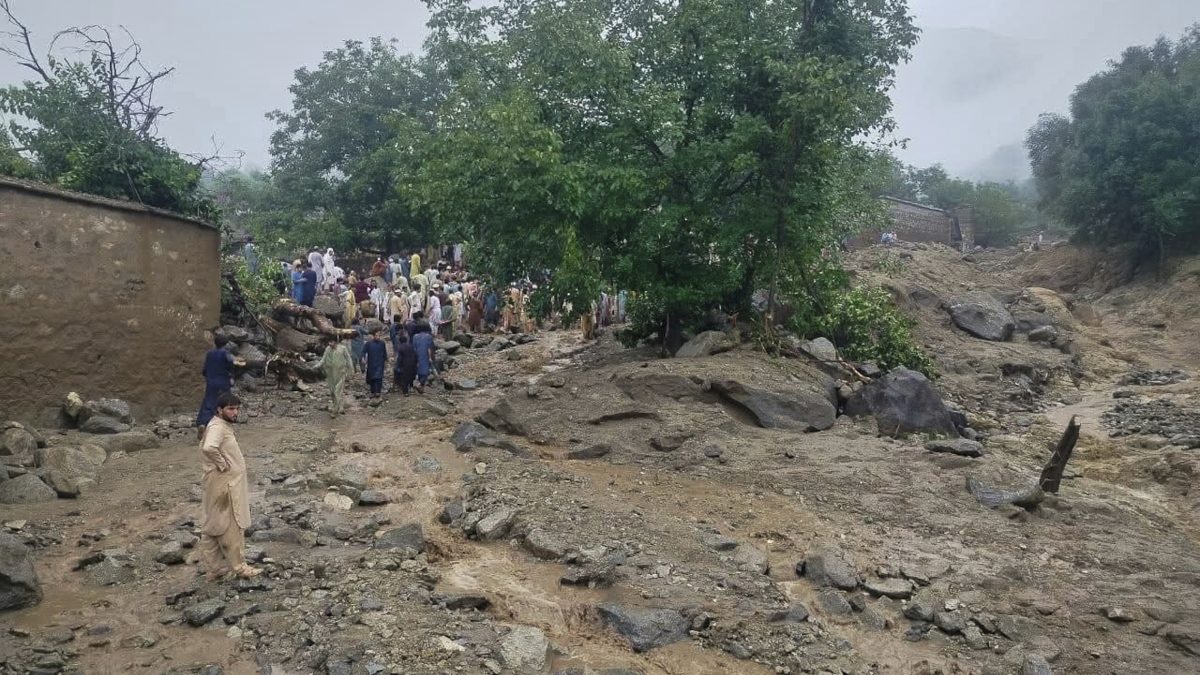A senior Taiwanese security official claimed on Wednesday that China has “very diverse” methods for meddling in Taiwan’s next elections, including military coercion, the transmission of false information, and the manipulation of opinion polls. Taiwan often warns Beijing, which claims the democratically run island as its own, about the possibility of meddling in elections. Taiwan alleges China wants to influence the results in favour of candidates who are more friendly to the nation. “The way the Chinese Communists interfere in elections is very diversified,” Taiwan National Security Bureau Director-General Tsai Ming-yen told lawmakers during a parliamentary committee session. China may present a false choice between “war or peace” in the election in an effort to intimidate people, according to Tsai, via military pressure, economic coercion, or fake news. “We are paying special attention to the Chinese Communists cooperating with opinion poll and public relations companies for the possibility of manipulating opinion polls and issuing them to interfere in the elections,” he added, without naming any companies. According to polls, William Lai, vice president of Taiwan’s government and supporter of the island’s distinct identity from China, is the front-runner to succeed Ma as president. Lai and his party have offered to engage, but China has consistently refused them because it views them as separatists. Lai asserts that only the people of Taiwan have the power to determine their future and that he does not aim to alter the status quo beyond the Taiwan Strait. Since the last election in 2020, China has escalated its military activity around Taiwan and frequently dispatches warships and aircraft to the waters and skies close to the island. Tsai claimed that the most recent Chinese drills, which began last month and were dubbed “abnormal” by Taiwan’s defence minister, were almost identical to those from prior years in terms of their primary objectives, such as landing drills. However, this time there were more aircraft and ships participating, and the People’s Liberation Army Rocket Force (PLARF), which is in charge of China’s conventional and nuclear missiles, conducted more practise firings. Tsai suggested that this might be connected to Chinese President Xi Jinping’s efforts to establish control over the PLARF, a section of the Chinese military that has drawn attention since its two most senior officials were abruptly replaced with foreign commanders at the end of July. (With agency inputs)
Ahead of elections, Taiwan routinely flags the risk of interference from Beijing, which claims the democratically governed island as its own, saying China seeks to sway the outcome to candidates who may be more favourable toward the country
Advertisement
End of Article


)
)
)
)
)
)
)
)
)



